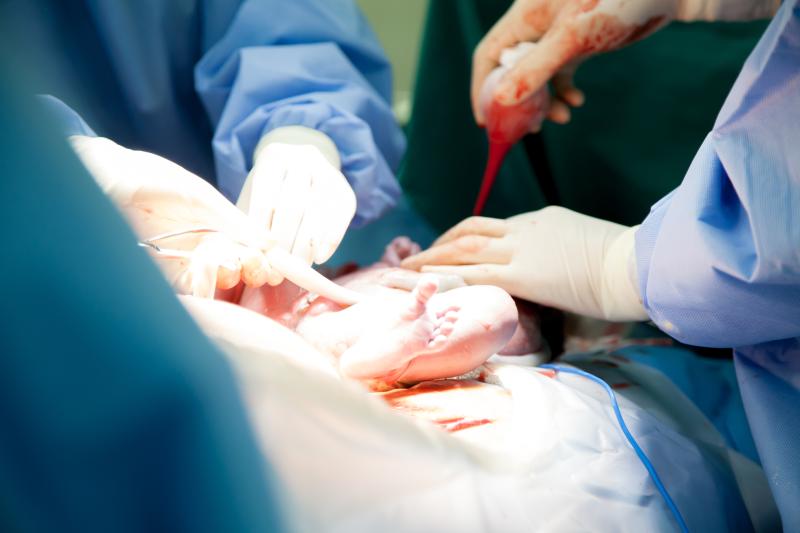
Over the decade, survival has gotten better while complications have dwindled substantially among patients who underwent allogeneic haematopoietic cell transplantation, according to a study. However, cancer relapse remains the biggest obstacle to better survival outcomes.
A total of 1,148 and 1,131 patients received their first transplant during the 2003–2007 and 2013–2017 periods, respectively. Reductions were seen over the decade in the adjusted hazards of the following: day-200 nonrelapse mortality (hazard ratio [HR], 0.66, 95 percent confidence interval [CI], 0.48–0.89), relapse of cancer (HR, 0.76, 95 percent CI, 0.61–0.94), relapse-related mortality (HR, 0.69, 95 percent CI, 0.54–0.87) and overall mortality (HR, 0.66, 95 percent CI, 0.56–0.78).
There was a comparable degree of reduction in overall mortality for patients who received myeloablative vs reduced-intensity conditioning and for those whose allograft came from a matched sibling vs an unrelated donor. There were reductions as well in the frequency of jaundice, renal insufficiency, mechanical ventilation, high-level cytomegalovirus viraemia, gram-negative bacteraemia, invasive mould infection, acute and chronic graft-versus-host disease, and prednisone exposure.
In this study, cohorts that received transplants during 2003–2007 vs 2013–2017 were compared to determine whether survival has improved over the decade. Survival outcome measures, along with transplant-related complications, were analysed. All recipients of a first allogeneic transplant during 2003–2007 and 2013–2017 received a conditioning regimen, infusion of donor haematopoietic cells, then immunosuppressive drugs and antimicrobial approaches to infection control.
Certain limitations were present. According to the authors, “[c]ohort studies cannot determine causality, and current disease severity criteria were not available for patients in the 2003–2007 cohort.”